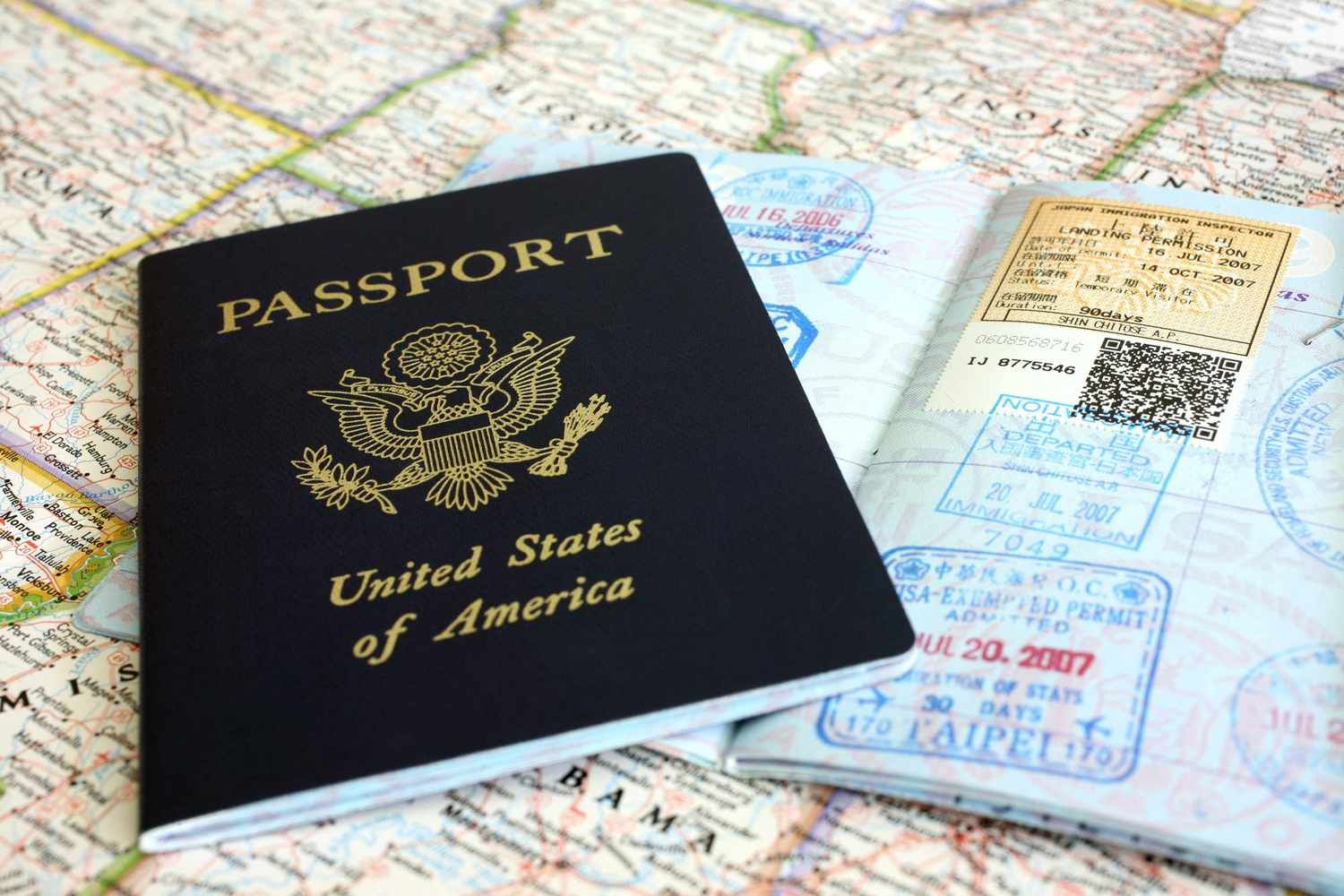Blog Layout
Blog
Why You Need a Passport for Any Cruise Leaving the U.S.

While some cruises departing from and returning to the U.S. may indicate that a birth certificate and driver's license are acceptable identification, we strongly advise all guests to travel with a valid passport book. I'm still trying to figure out why some cruise lines say you can use a birth certificate and driver's license for closed-loop cruises, but I advise you to only travel with a valid passport and make sure that it's valid for six months after your return date.
The Risks of Using Only Birth Certificates and Driver's Licenses
Guests who miss allaboard time in a Mexican port and wish to rejoin the ship in the next Mexican port will be required to present a passport. In addition, the guest will be required to pay a visa fee and a possible fine and cover the cost of transportation to the following port. Furthermore, if the guest fails to present a passport, the guest must obtain permission from the Immigration department to travel to the next port of call without a passport.
Guests who miss all-aboard time at the ship’s scheduled U.S. departure port and need to travel outside the U.S. to embark the ship at the next scheduled port of call will be required to present a passport to leave and/or re-enter the U.S. by air.
Guests who unexpectedly need to disembark the ship from a foreign port before the end of sailing due to an emergency must present a passport to leave and/or re-enter the U.S. by air.
The same applies to all foreign cruise ports, not just those in Mexico. A Passport Should Be Considered Essential and not an option.
While a cruise line may indicate birth certificates or driver's licenses are okay, situations can pop up where a passport becomes mandatory. Rather than risk major inconveniences and expenses, we recommend treating a valid passport as an essential document for all cruises with international ports. The relative hassle of getting one is minor compared to the hassles you may face without one.
Quick Links
© 2025
All Rights Reserved | LTTravel Connection Inc.








